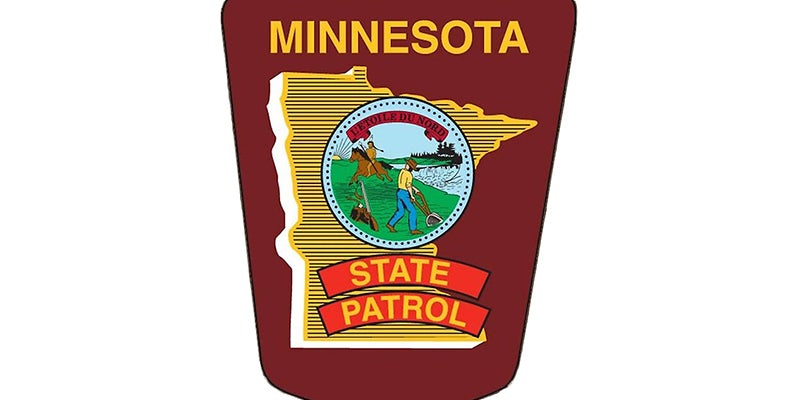Guest Commentary: Sports betting is still illegal. But gambling is still an addiction
Published 5:45 pm Friday, June 23, 2023
|
Getting your Trinity Audio player ready...
|
By Susan Sheridan Tucker
Executive Director of the Minnesota Alliance on Problem Gambling
This past legislative session at the Minnesota Capitol brought forth a bill to legalize sports betting in the state. While this bill ultimately failed to go through, there is no doubt legalizing sports betting in Minnesota will continue to be in the conversation, with high likelihood that we’ll see another bill presented next year.
No matter how sports betting legislation progresses in the future, it’s clear that gambling is only continuing to spread as a regular activity for people across the state. It’s proven that no matter what’s legal in terms of betting, it won’t stop someone with a gambling addiction from participating, legally or illegally.
That’s why it’s more urgent than ever that Minnesotans recognize gambling as an inherently high-risk activity that can lead to a legitimate, serious addiction.
Many of us know the person who can’t stop drinking, the person who can’t stop using prescription medications or the person who can’t stop using illicit drugs. Yet behavioral addictions like gambling addiction are as real as any, and officially designated in the Diagnostic and Statistical Manual of Mental Disorders, Fifth Edition (DSM-5). Behavioral addictions form in the brain in much the same way as alcohol or drug addiction, resulting in a person making riskier and riskier decisions to feed their brain’s reward hub.
But gambling addiction is an issue that is routinely under-reported and under-recognized by the healthcare community and the general public.
In fact, over half of Minnesotans believe gambling to be a “harmless activity,” creating a strong social stigma working against those in need of help. It’s a fact that while 250,000 Minnesotans report having a problem with gambling, only about 150 are currently in treatment for gambling addiction.
Fundamentally there should be appropriate support in the form of funding for gambling addiction, but unfortunately, funding for gambling treatment and prevention is a mere pittance spent on treatment and prevention of alcohol and substance abuse. While 10,000 high schoolers across Minnesota report experiencing a gambling problem, gambling education and prevention materials are still absent from Minnesota schools, leaving our students vulnerable to misleading marketing from casinos and sports betting apps.
The good news is counseling for gambling disorder are made completely free in Minnesota, both for the those in need of help and their affected loved ones. But the flip side is there is a serious shortage of certified counselors.
So, what can be done?
No matter what type of betting becomes legal in the state in the future, a first step is to recognize gambling as a serious addiction and make reforms to Minnesota’s approach to gambling addiction.
Doing so will lead to increased treatment resources, education and safeguards to make Minnesota a safer, more supportive community that treats gambling addiction as a treatable and preventable public health issue that is very real and very important to address for our families and communities.
If you or someone you know is need of support, find help by calling the Minnesota Helpline at 1-800-333-4673.
Susan Sheridan Tucker is the Executive Director at the Minnesota Alliance on Problem Gambling, a gambling-neutral organization dedicated to improving the lives of Minnesotans affected by gambling addiction.




